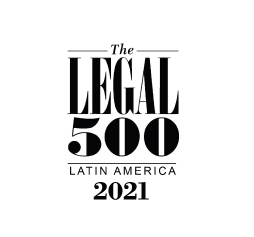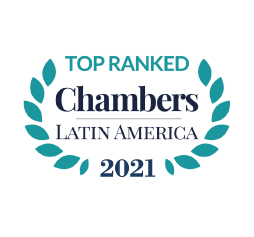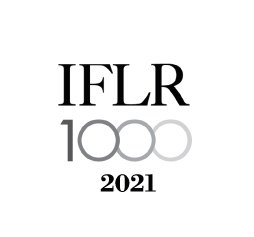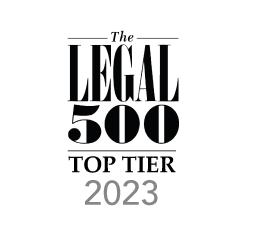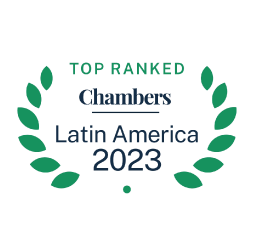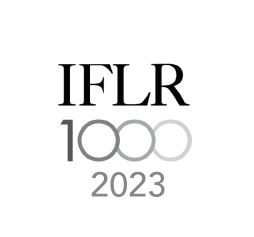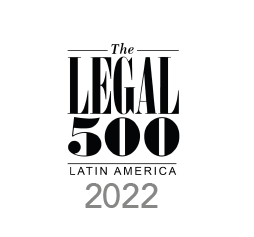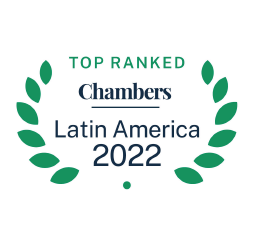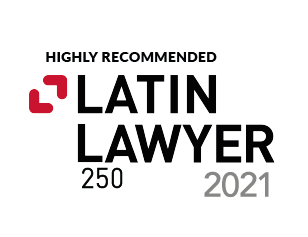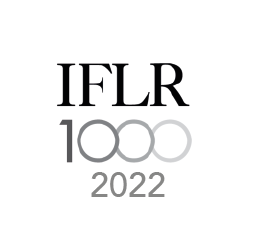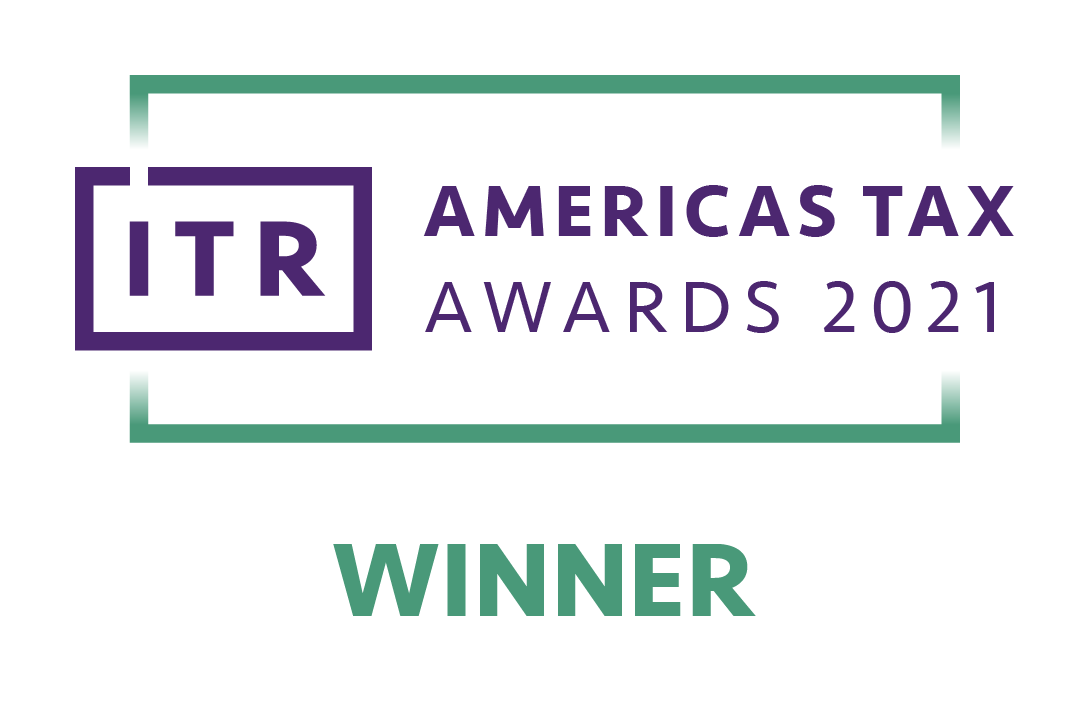In December 2017, the National Congress enacted Law No. 6007 that creates the “National Program for the Medical and Scientific Study and Research of the Medicinal Use of Cannabis and its Derivatives (PROINCUMEC)”, (the “Program”), being regulated by Decree No. 9303/18.
The purpose of this law is to establish a regulatory framework to promote the study as well as the medical and scientific research of the medicinal, therapeutic and/or palliative use of the Cannabis plant and its derivatives for the treatment of diseases and conditions in humans, in addition to regulating its controlled production.
An interdisciplinary framework is set forth because different public entities take part in the process depending on the prerrogatives of each one.
The National Sanitary Vigilance Directorate (the “DINAVISA”), under the authority of the Ministry of Public Health and Social Welfare, is appointed as the enforcement authority, who will act as the national coordinator of said Program.
Likewise, the National Service for Quality and Health of Plants and Seeds (the “SENAVE”) will be responsible for defining the conditions, requirements and monitoring to grant the authorization to import the seeds to the interested parties.
Finally, the National Anti-Drug Secretariat (the “SENAD”) must implement the security conditions that will be applied to obtain and maintain the license and will carry out the control during the validity period of the license.
Through the regulation of said Law, the requirements for the production, controlled industrialization, import, export, commercialization, prescription, dispensation and rational use of medicinal cannabis under the Program, are incorporated.
In order to access the production, industrialization and commercialization activities, it is mandatory to obtain a license granted by DINAVISA, in coordination with SENAVE and SENAD, within the scope of each one.
The granting of said license necessarily implies the prior fulfillment of a series of requirements provided for in the regulations and must be requested by an authorized national laboratory that has a certificate of good manufacturing practices (GMP) in force.
It is worth mentioning that the license shall be granted for a period of 5 years, and may be renewed for equal periods and may not be transferred or assigned under any title, nor obtained only for the exclusive performance of certain processes, since the licensee must perform all the activities of the process, except for transportation and final disposal, which may be outsourced.
Currently, the government is working on a complementary regulation in order to establish the procedure for obtaining a license for a controlled production and industrialization, given that there is a limited number of licenses to be granted, that the applications must be evaluated, and that the eventual rejection must be properly grounded.
For more information please contact Sofía Suárez – sofia.suarez@berke.com.py – and Ignacio Serratti –Ignacio.Serratti@berke.com.py –

